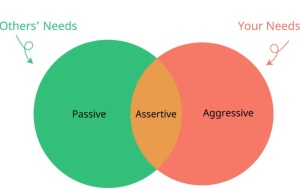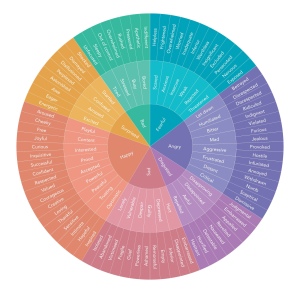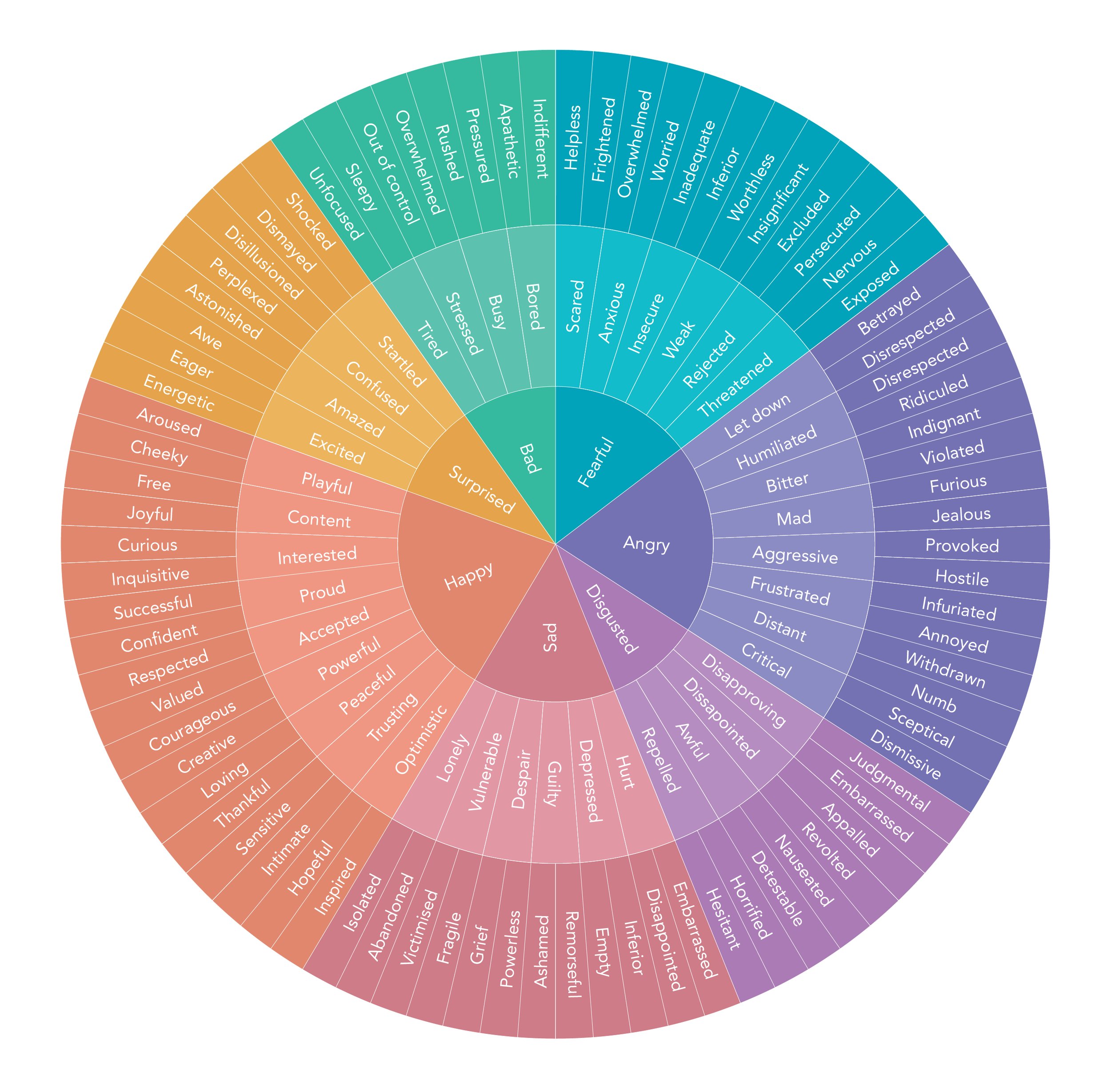Looking back, way back to the beginning, I am starting to see how my eating disorder began. I’m starting to realise the functions that bingeing served. Because bingeing, and all eating disorder behaviours, happen for a reason. They serve a purpose. Even if we don’t realise it at the time.
For me, two purposes of bingeing were to push down emotions, and to meet needs that weren’t being met. I won’t go into the full details online, I don’t want to tell other people’s stories for them. But suffice to say, sometimes my needs were ignored, and sometimes they couldn’t be met because I didn’t know how to communicate them.
I grew up in a different time. A time of stoicism. A time when children were seen but not heard. Where emotions were suppressed, not felt. I never learned to recognise emotions, to name them, to understand what they mean, what their purpose is. All I knew was that I felt things deeply, too deeply, and that was a bad thing.
And as I grew up, and had romantic relationships, I still didn’t know how to communicate my needs. I didn’t know how to deal with love, and how overwhelming it is. I didn’t know how to tell my partner what I needed because I didn’t know what I needed. Even if I had, I’m not sure I would have felt worthy of it. I was so deep in my eating disorder by then, I truly felt that I was worthless: ugly inside and out, fat, and a failure.
So I binged, I purged, or ate as little as I could. Because that’s all I knew.
Then a little over a decade ago, I was signed off work with anxiety, and to give myself something to do, I signed up for an assertiveness course at my local women’s centre. The idea was that it would help me to stand up for myself when being bullied, but in those eight sessions and beyond, it became so much more…

Inadvertently, I’d stumbled accross an effective way to ask for my needs to be met. To calmly and constructively explain the impact of others’ actions and say what I needed, what I wanted, what I expected to happen. Of course, I didn’t know what I wanted or needed back then beyond practical things like help with the housework. But it gave me an opportunity to practise. It was the very beginning of me starting to find my voice.
Then a year or so later, that assertiveness course, and the skills I learned, helped me to prepare for that fateful visit to the doctor when I was finally diagnosed and referred for eating disorder treatment. And in the years since, as I started to learn what my needs are, it’s helped me to develop more equal relationships with family and friends. Relationships where everyone’s needs are met.
The next step was emotions. I’d been suppressing them most of my life. I could recognise how one or two of them felt – the biggest, scariest ones – but that was about it. And so for regulars to my blog, the second tool will be no surprise:
It’s the emotion wheel.

I’ve returned to that wheel so many times through my recovery. When reflecting on binges, when trying to understand physical sensations in my body, when trying to figure out why I’m crying for no apparent reason. That little coloured wheel has helped me figure out my triggers, motivation, and values. It’s helped me see the progress I’ve made as I learn to tolerate more and more different emotions.
Learning about my emotions has made them less scary, less triggering, and a little easier to feel. And now it means I can finally start learning about their purpose, about what they were trying to tell me all along before I started burying them. Which in turn teaches me what I want, and what I need, to build this new life, a life free from my eating disorder.
And those assertiveness skills I learned? They’re helping me get it.
